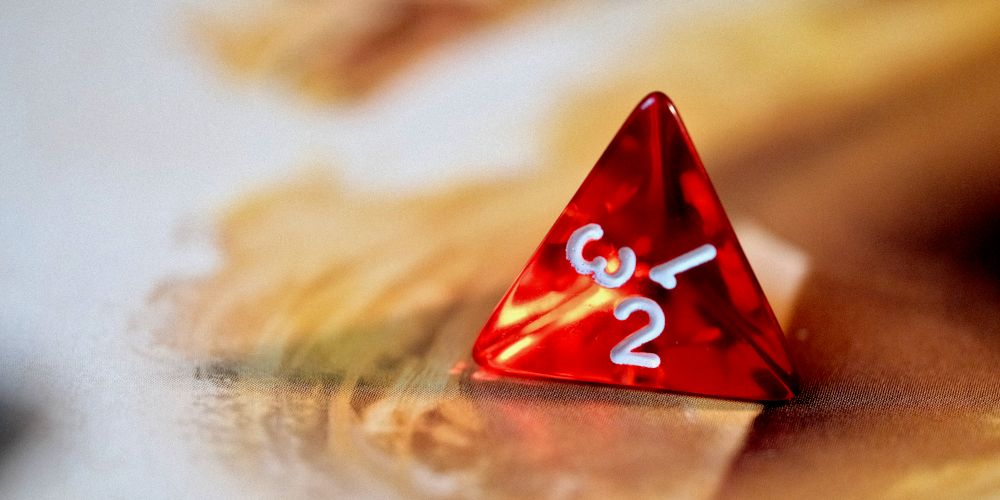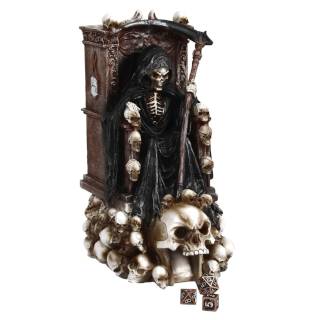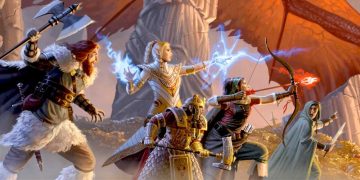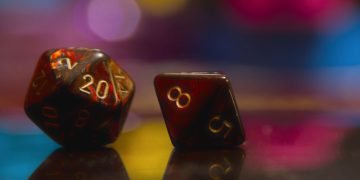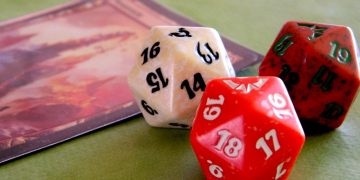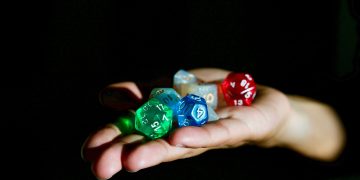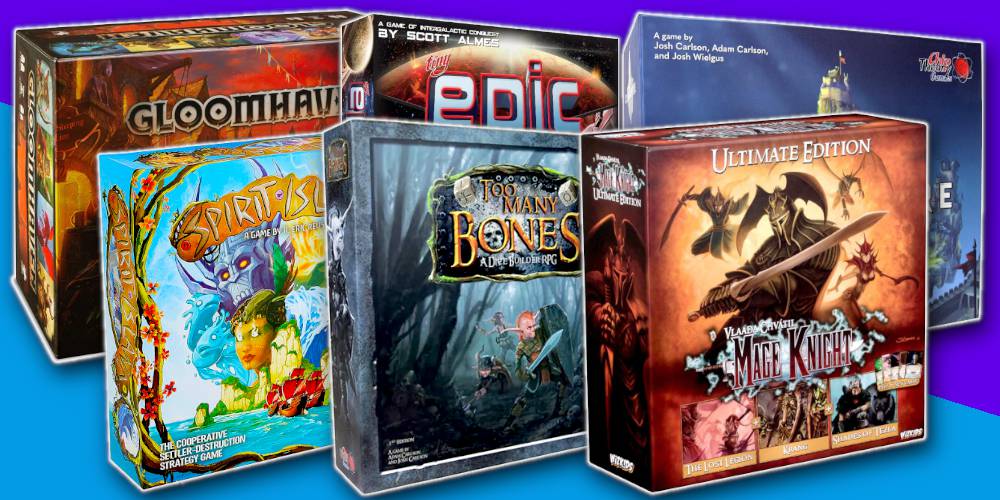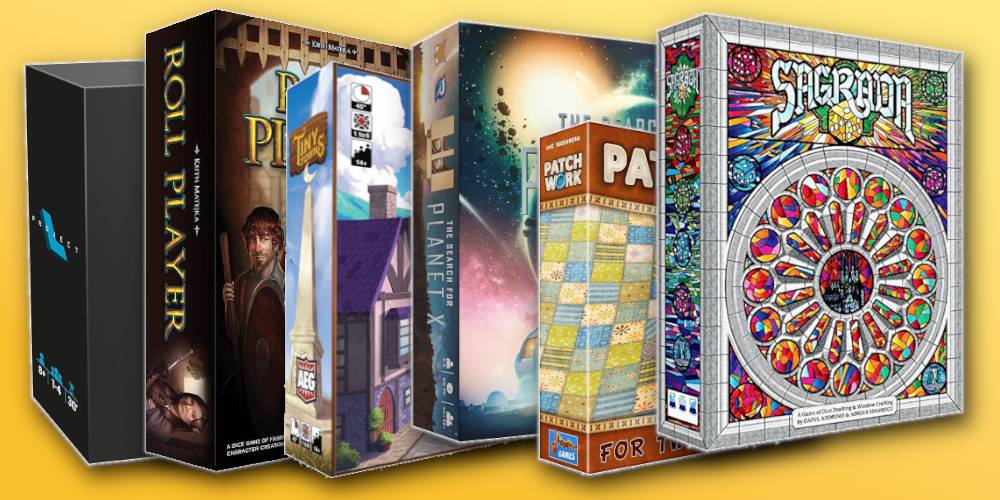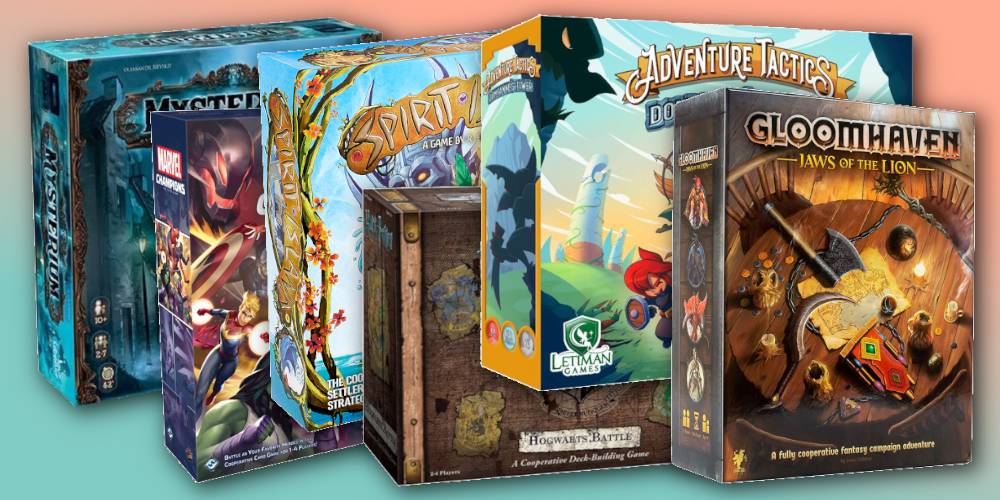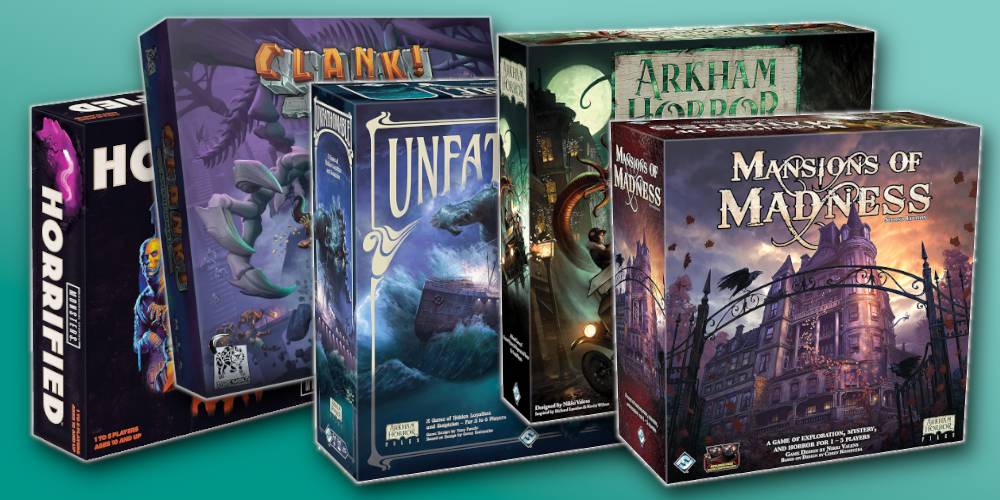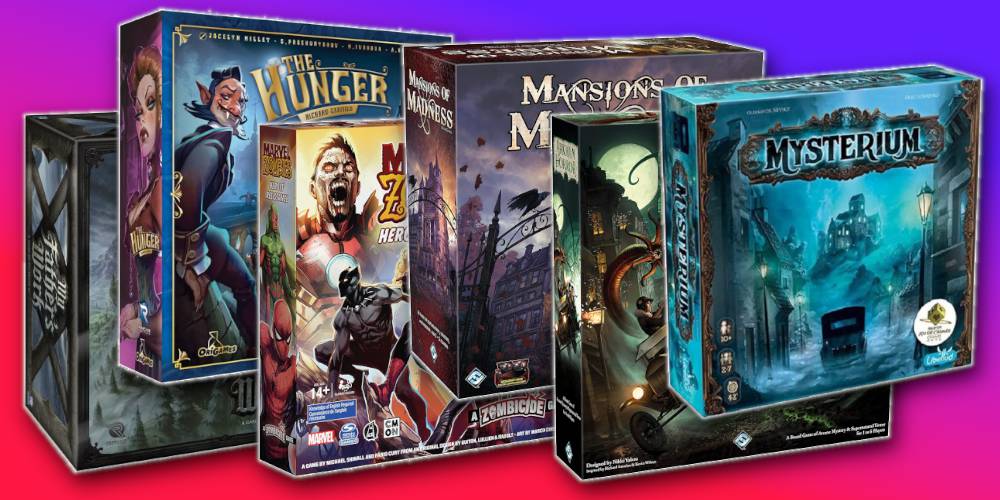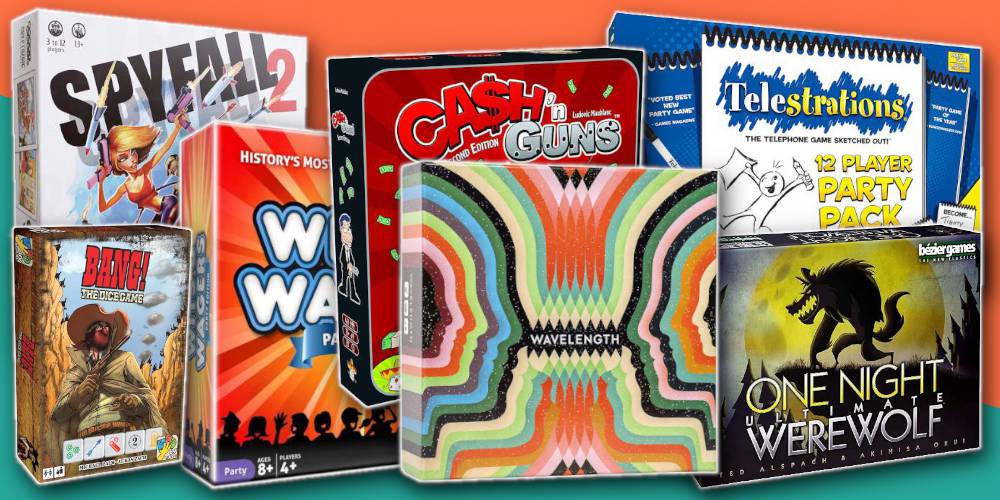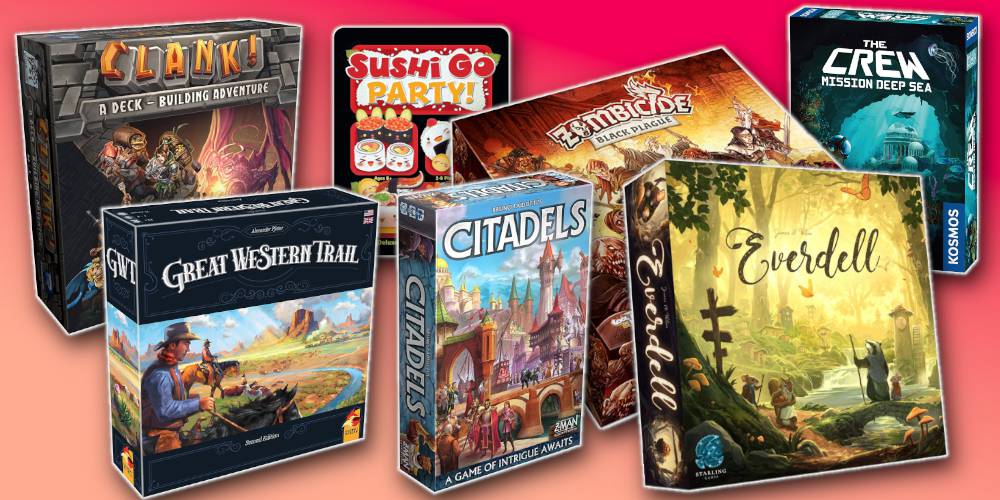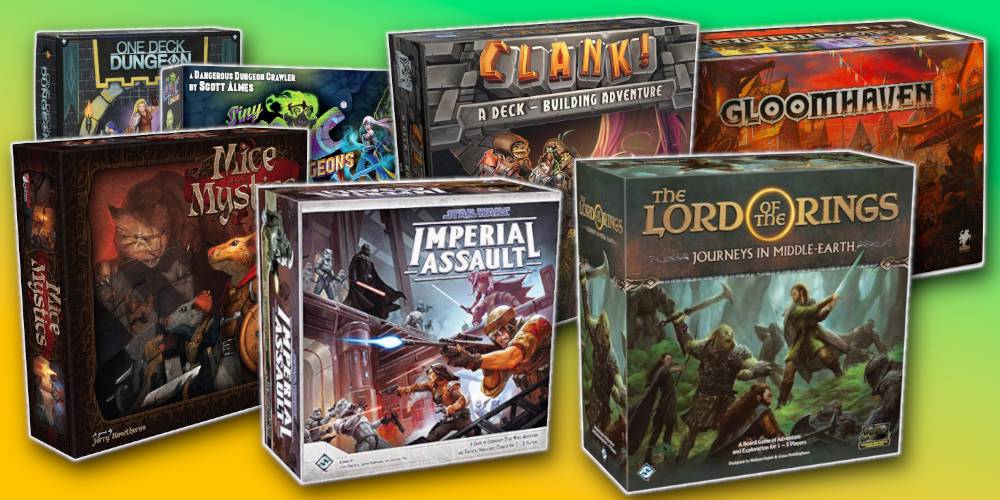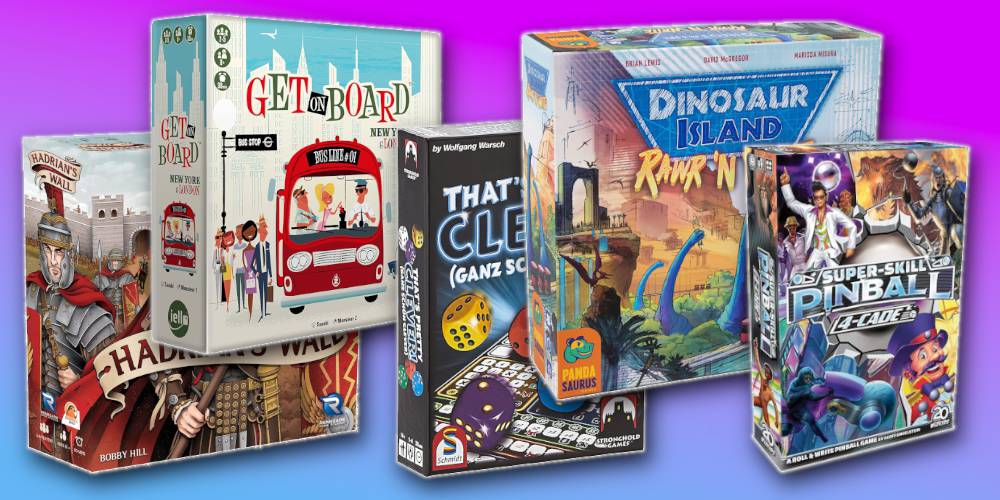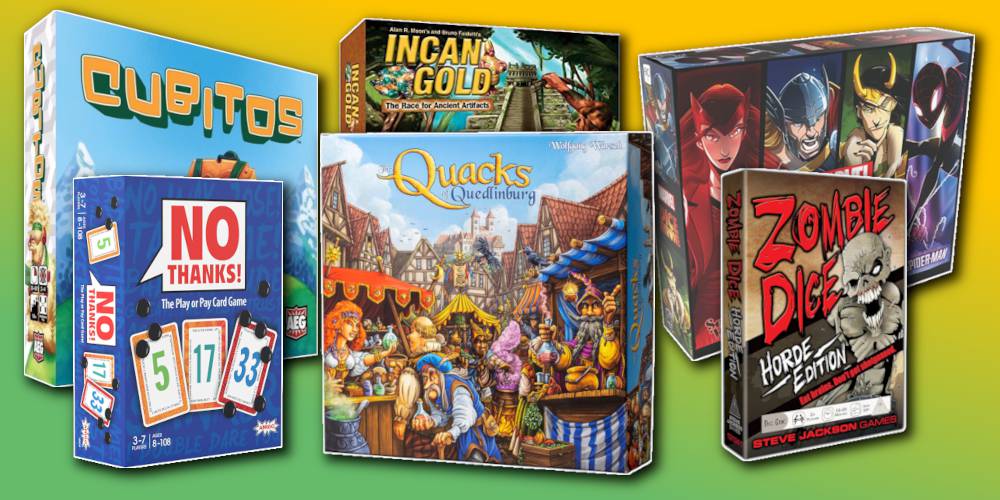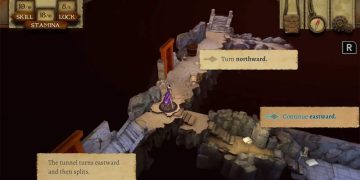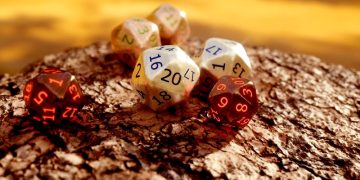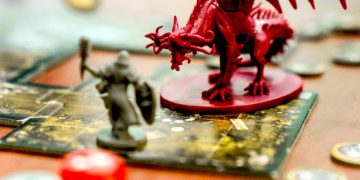1. Solving Everything With Combat
Dungeons & Dragonsis a role-playing game. A huge part of getting into a role is actually making decisions as your character.
Every encounter and interaction brought forth by the DM doesn’t need to end in bloodshed. Your character might be a battle-hardened barbarian, but that doesn’t mean they always want to fight, does it?
Try talking your way out of a situation. Negotiate for different outcomes that might result in better rewards. Use your words to convince enemies not to fight. All of this can be more fun than bashing things to death!
Related:What D&D class should I play?
2. Playing a Disruptive Character
DMs and other players hate it when a player decides that their goal is simply to mess with the game for their own amusement.
Does D&D have ways for you to steal from other members of your party? Yes. Are you technically within the game’s boundaries if you attack a teammate or obstruct them from doing something? Yes.
But should you?
Related:Important tips for beginner D&D players
Unless it’s been clearly established at the start of the campaign and you’ve all agreed to play a player-versus-player type of D&D, you should assume that this kind of behavior is unacceptable.
Similarly, you might think it’s funny to play a braindead character who ruins the moment all the time. But the next time you feel like running into a room of enemies and putting the group in peril, you may want to reconsider for their sake.
Any time you’re about to do something, just take a second to think about whether it impedes the other players' fun. It can be interesting every once in a while, but not all the time.
Related:How to play an evil character in D&D
3. Metagaming
Metagaming when you use the information you have as aplayerto influence the decisions of yourcharacter.
You may have figured out that the enemy has an armor class of 14, but does your character know that? As a player, you might want to back off and avoid them. Your character may not feel the same.
You might have memorized theD&D Monster Manualand you know that the monster you’re fighting is weak to fire. But does your character know that? Until the character finds out in-game, it wouldn’t make sense to blast fire—unless your character loves fire and uses it all the time.
Related:Why I stopped min-maxing and metagaming
You might have heard the DM say something to your party member who rolled a 20 on Perception. But that doesn’t mean your character knows what they know.
Remember: D&D is about role-playing, and role-playing is meant as a tool for collaborative storytelling. Metagaming breaks down the fundamental reason to play tabletop roleplaying games.
4. Arguing With the DM
You need to remember that DM is not only responsible for telling the story and moving the adventure forward, but they’re also the arbiter of the rules.
Can you point out a rule mistake the DM made? Sure, as long as you do it respectfully. The important thing is to avoid arguing with the DM’s decisions, especially over and over.
When it comes down to the rules, the DM makes the calls. If you aren’t happy with how a DM is running their game, you should consider finding another D&D group that’s better aligned.
5. Not Paying Attention
Whether you’re playing online or in-person, one of the most disrespectful things you can do while playing D&D is space out, browse your phone, or not pay attention to what’s happening.
The DM likely spent hours preparing the adventure that you’re playing, and if you aren’t paying attention to the story, you’re negating all the hard work your DM put in.
You signed up to play D&D, so have some respect and give it your full attention. Not only is it the right thing to you do, but you’ll have a lot more fun when you actually invest yourself in the lore, the backstories of characters, and the conflicts that happen.
Related:The 10 types of D&D players
6. Hogging the Spotlight
Dungeons & Dragonsis a game where you step into the role of a character and act as that character.
You’ll spend a lot of time working on your character and you want as much time to develop that character as possible. The other players at the table are in the same boat.
That means you need to share the spotlight. Don’t take an excessively long time to make decisions on your turns. Don’t interrupt other players during their scenes.
You’ll get your time in the spotlight. Let other players have theirs.
7. Cheating
Metagaming (mentioned above) is a soft form of cheating. But there are more explicit ways to cheat that are worse.
For example, you might lie about your dice rolls to create a more favorable outcome. You might lie about your character’s stats to help yourself succeed in your goal.
The thing about D&D is that failing is often the most interesting part of the game. It can lead to unexpected scenarios and strange twists in the story that are super interesting.
If you cheat, you rob yourself of those opportunities. There’s no reason to “win” at D&D, so be honest and everyone will have a better time at the table—yourself included.
Read next:The best D&D YouTube channels



![]()
